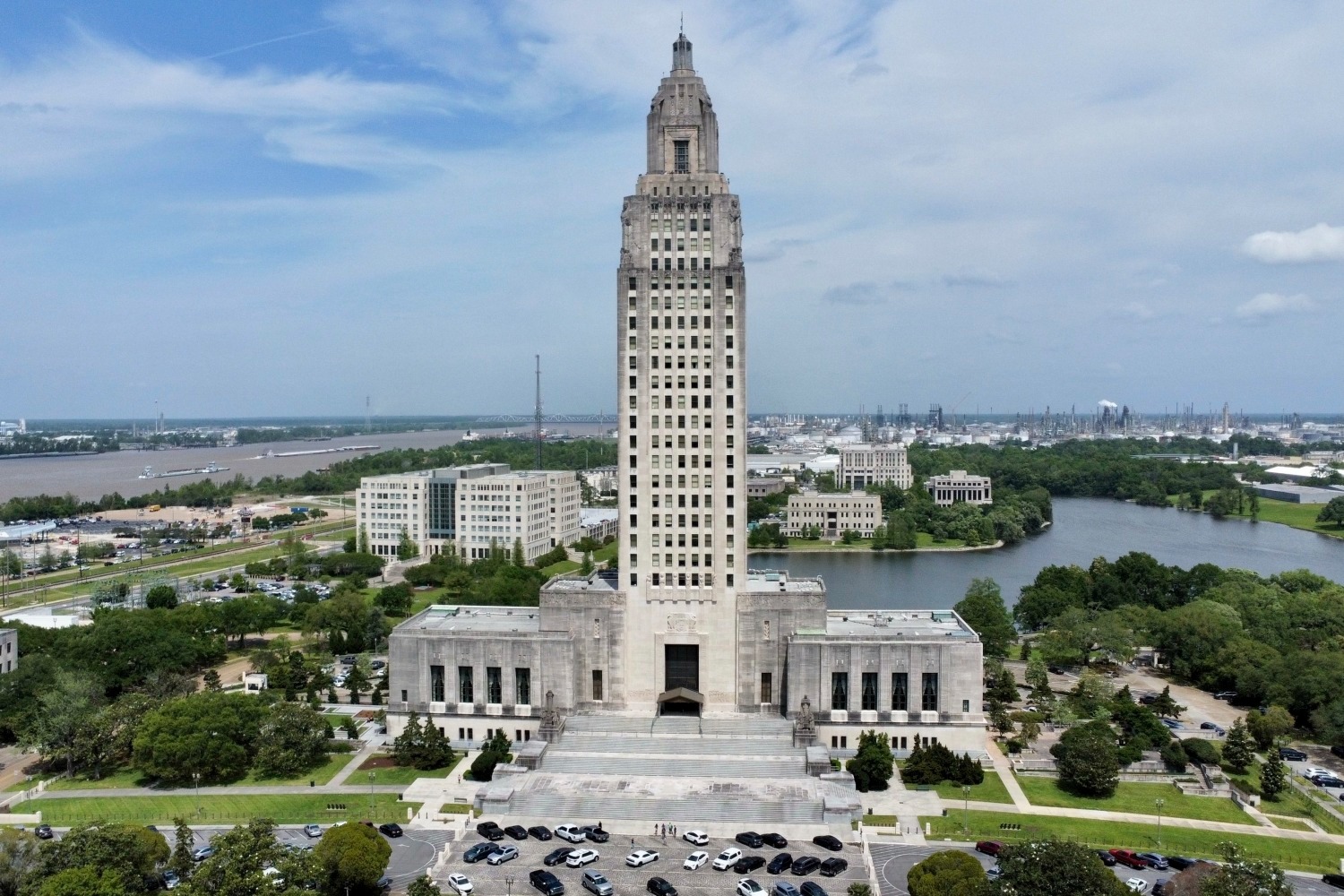A bill in Louisiana aims to prevent transgender individuals from using facilities that align with their gender identity, like restrooms and sleeping quarters, in public schools, jails, and domestic violence shelters. This bill, known as the Women’s Safety Protection Act, passed a state legislative committee, moving closer to becoming law.
The bill has sparked controversy, with LGBTQ+ advocates arguing that it is one of the most expansive and restrictive measures of its kind in the country. They fear it will further marginalize and endanger transgender individuals, exposing them to harassment. On the other hand, supporters argue that it is necessary to protect cisgender women and girls from potential se*xual assault and harassment.

Louisiana’s transgender ‘bathroom bill’ clears first hurdle (Credits: NBC News)
If the bill passes through the House floor and Senate, it would require public schools to designate separate restrooms and changing rooms for females, males, or family members based on biological se*x, not gender identity. This requirement would also extend to facilities in state prisons, juvenile detention centers, and domestic violence shelters managed by the state.
Republican Representative Roger Wilder III, the bill’s sponsor, emphasizes the importance of privacy and safety for women, citing biological differences between females and males. He believes that having separate spaces based on biological se*x is essential for women’s confidence and security.

Transgenders (Credits: Page Six)
However, opponents argue that the bill overlooks the safety and rights of transgender individuals, particularly transgender women. They express concerns that forcing transgender individuals to use facilities that do not align with their gender identity could lead to bullying, intimidation, and even se*xual assault. LGBTQ+ advocates stress the importance of recognizing the humanity and dignity of Louisiana’s nonbinary and transgender population.
The bill’s advancement to the House floor for debate indicates ongoing discussions and differing perspectives on addressing safety and inclusion in public facilities. The outcome of these debates will impact the rights and protections afforded to transgender individuals in Louisiana.























